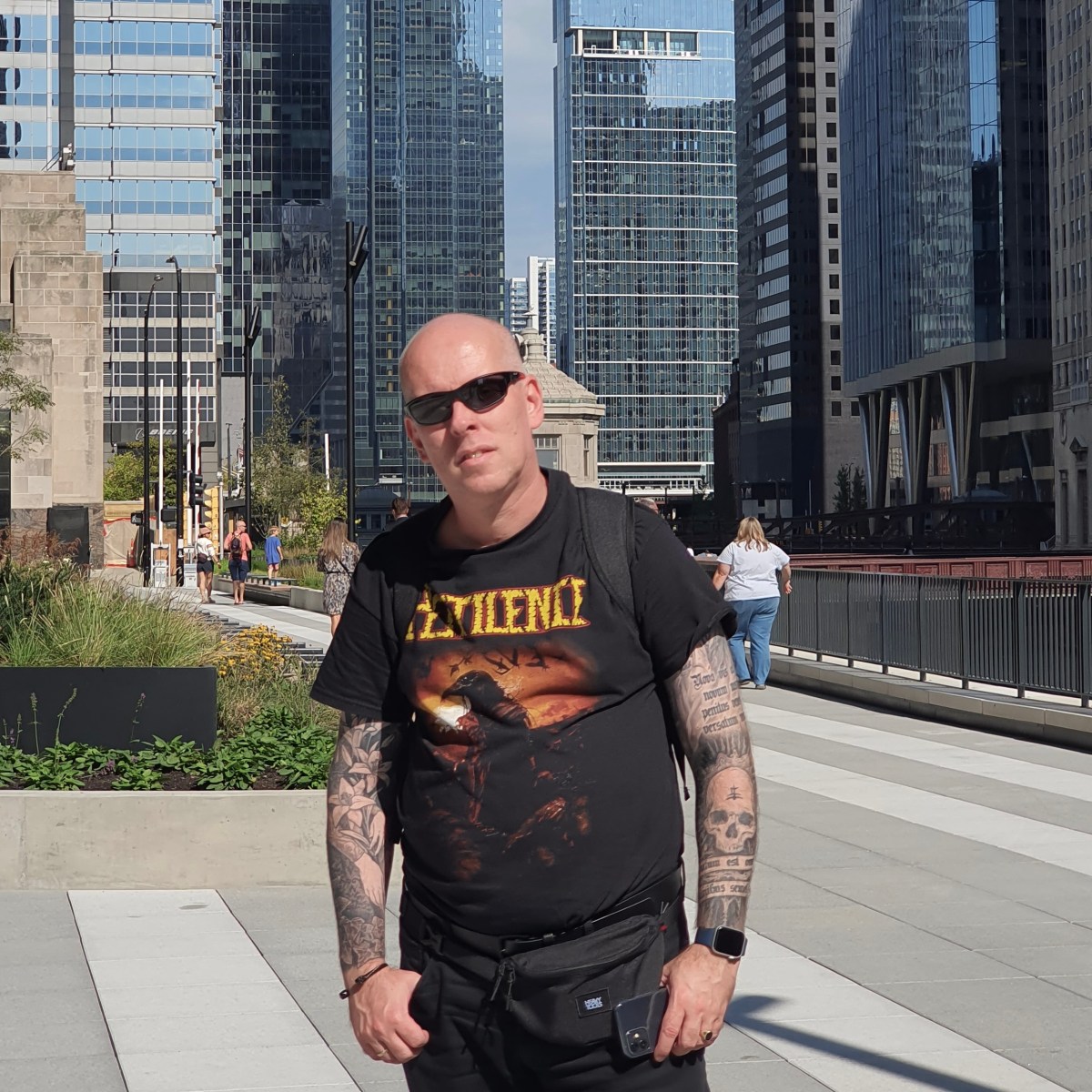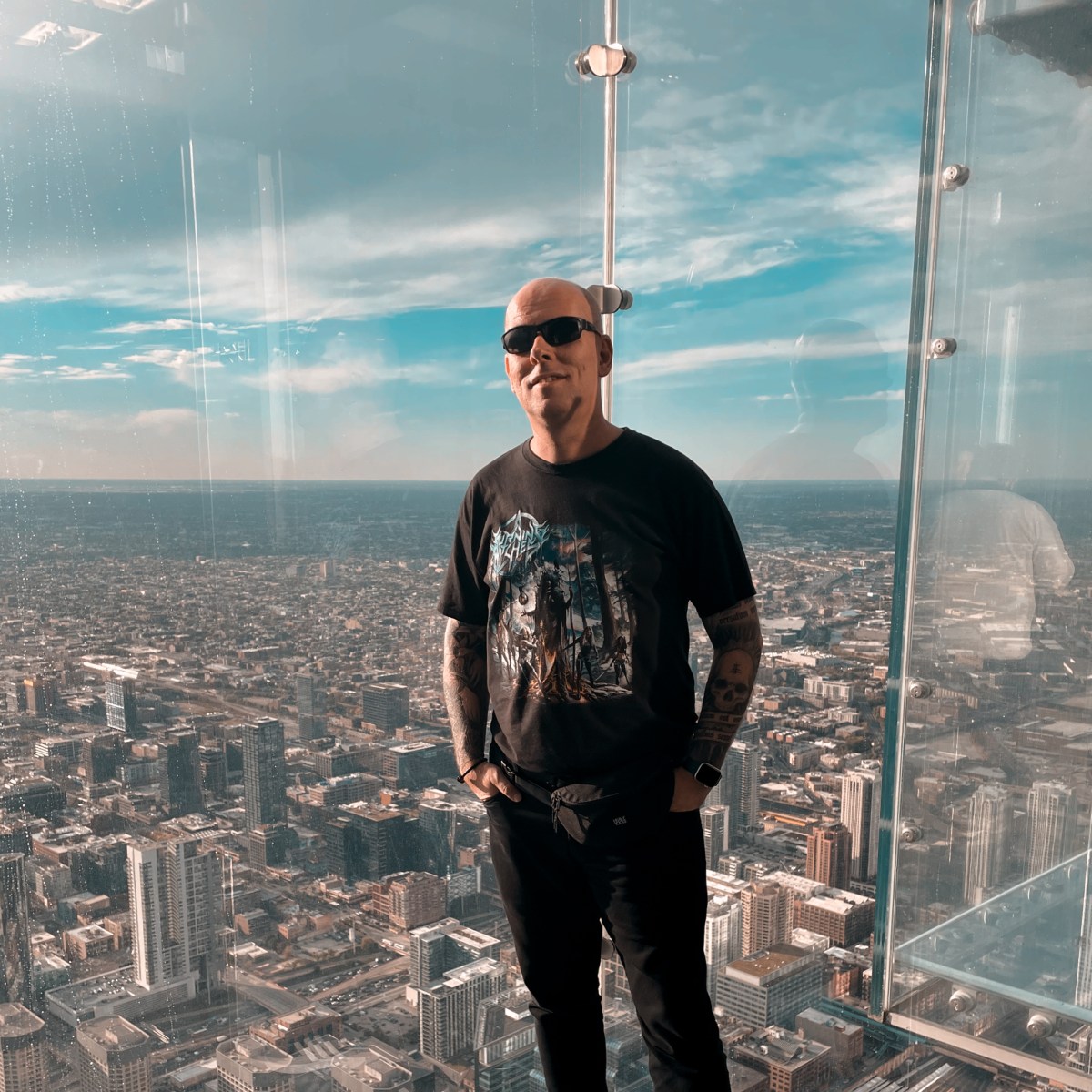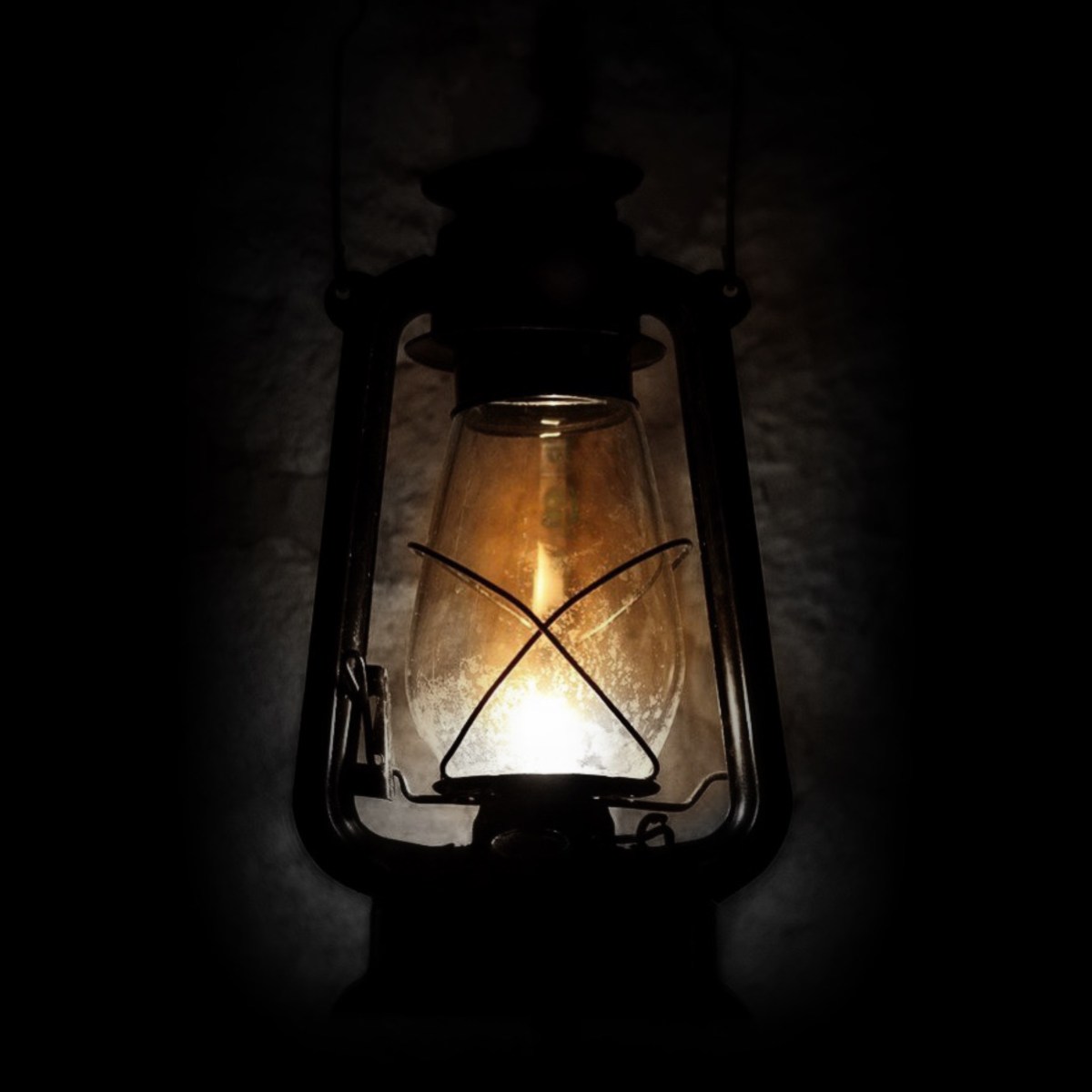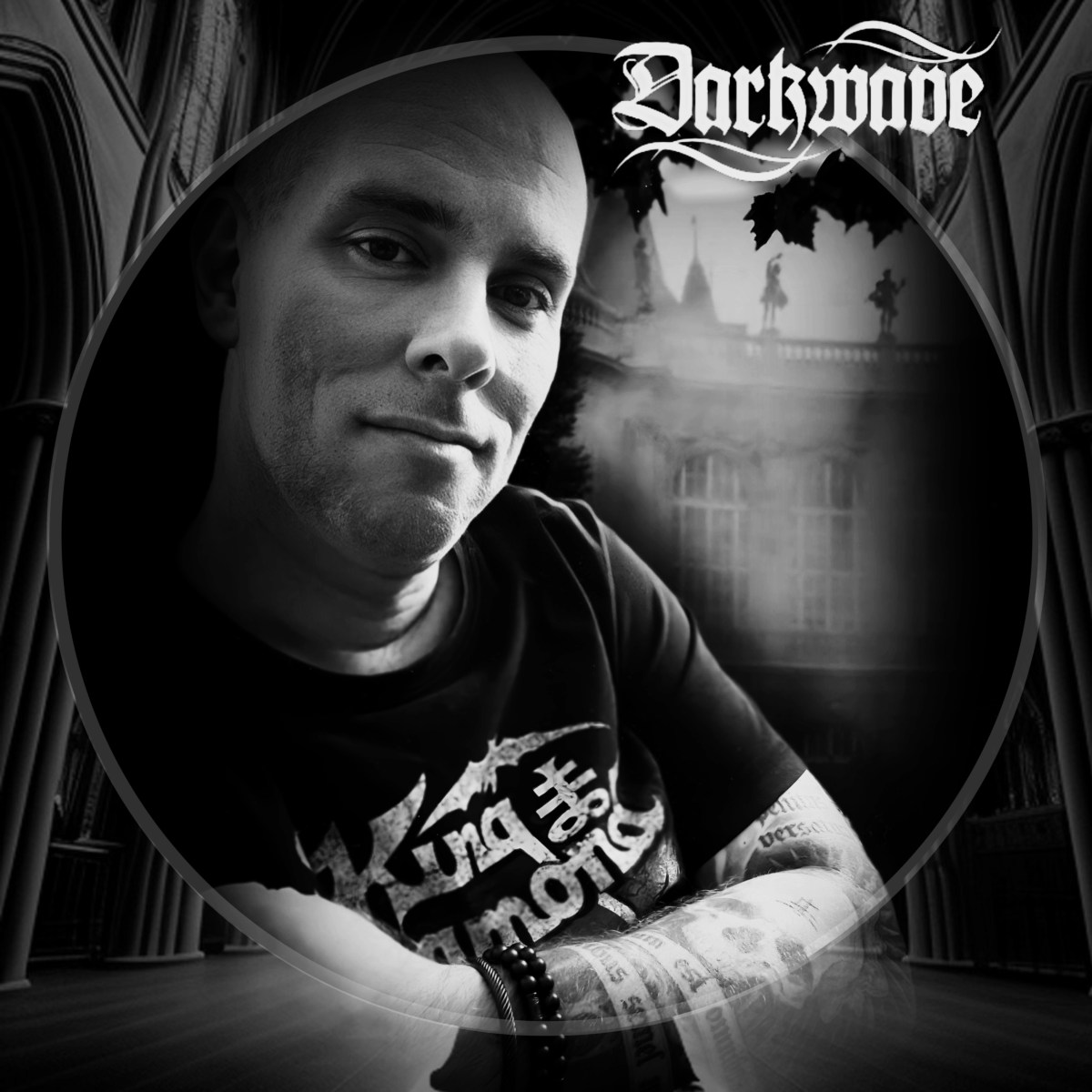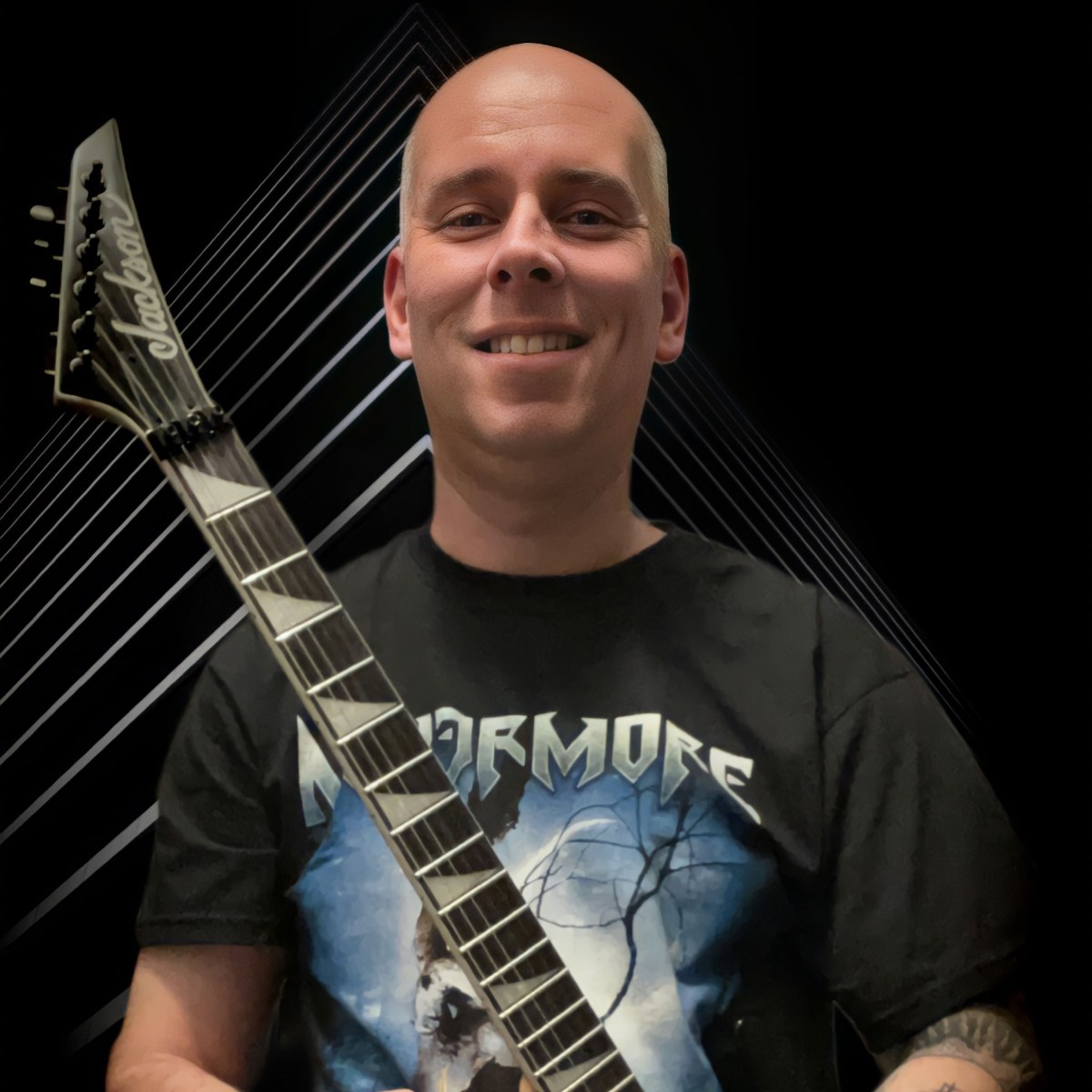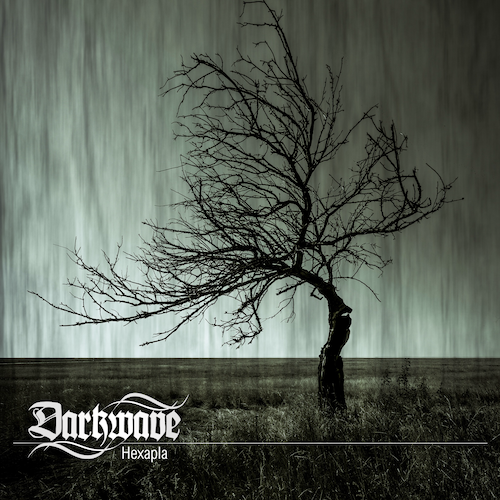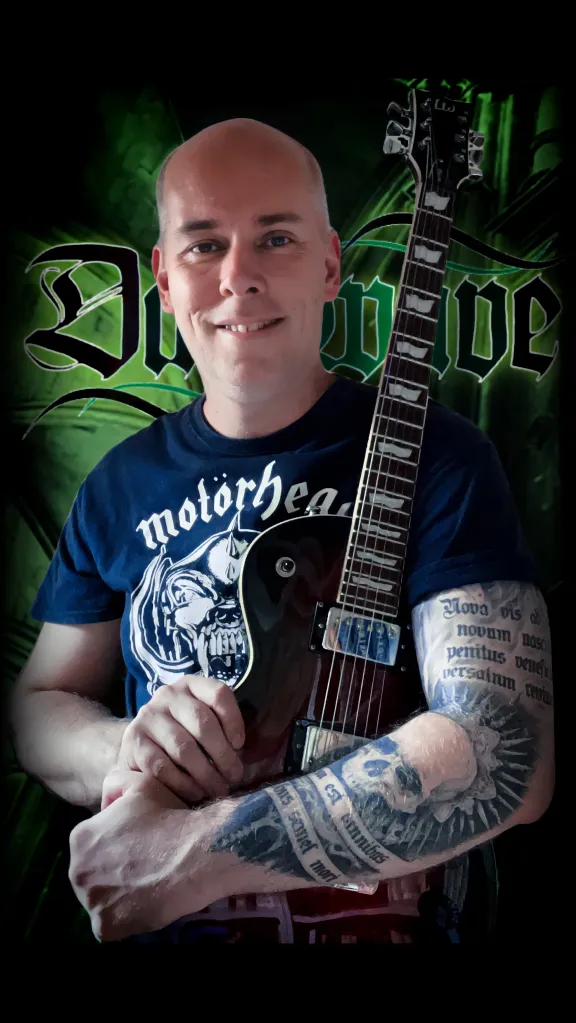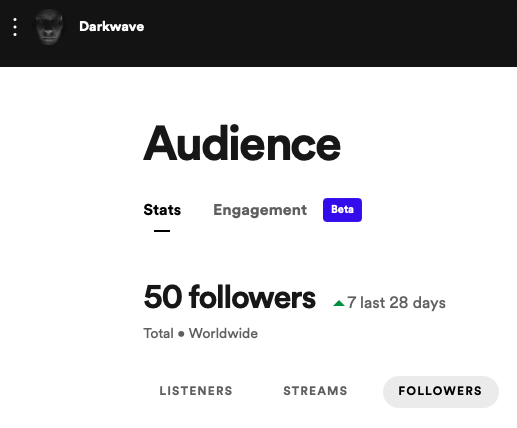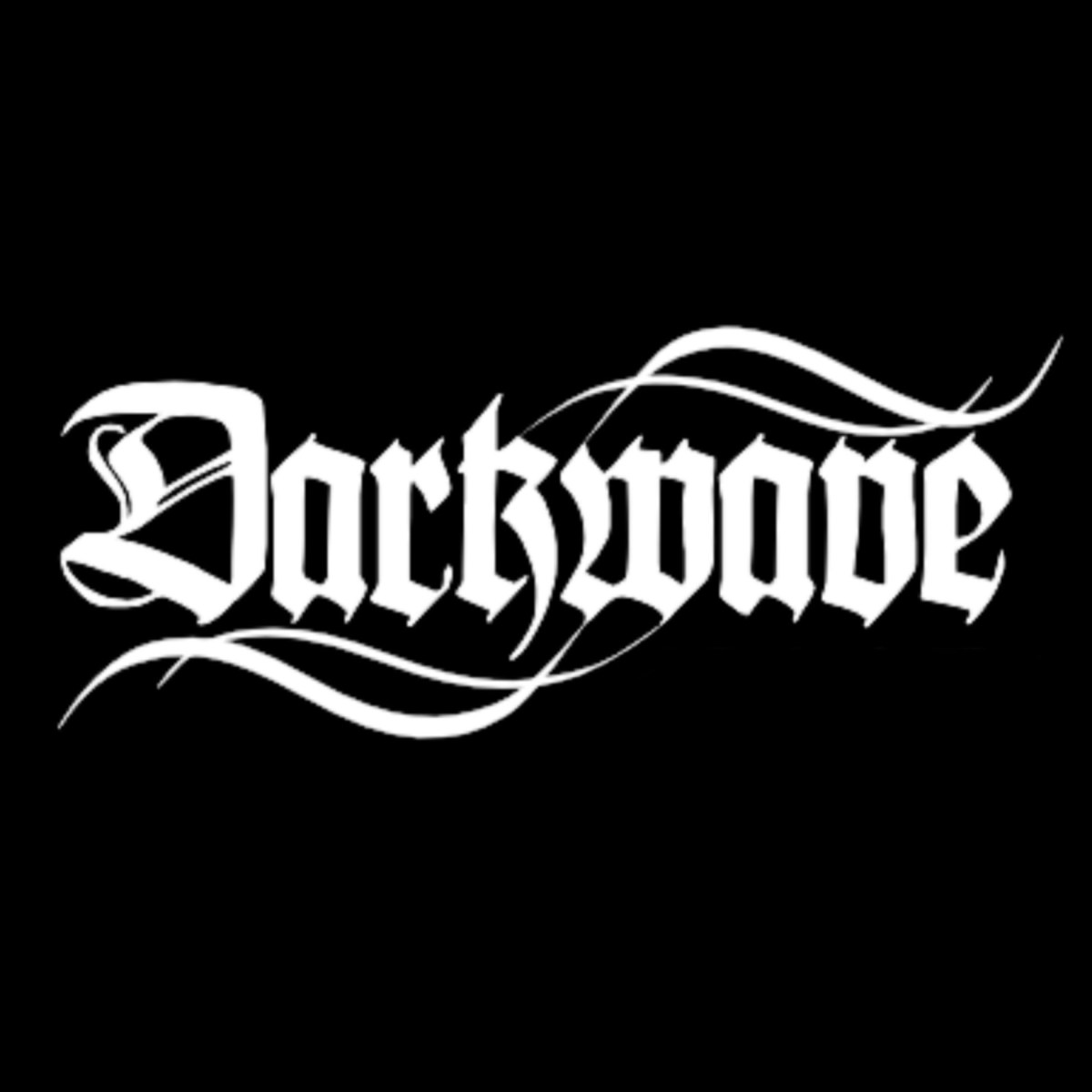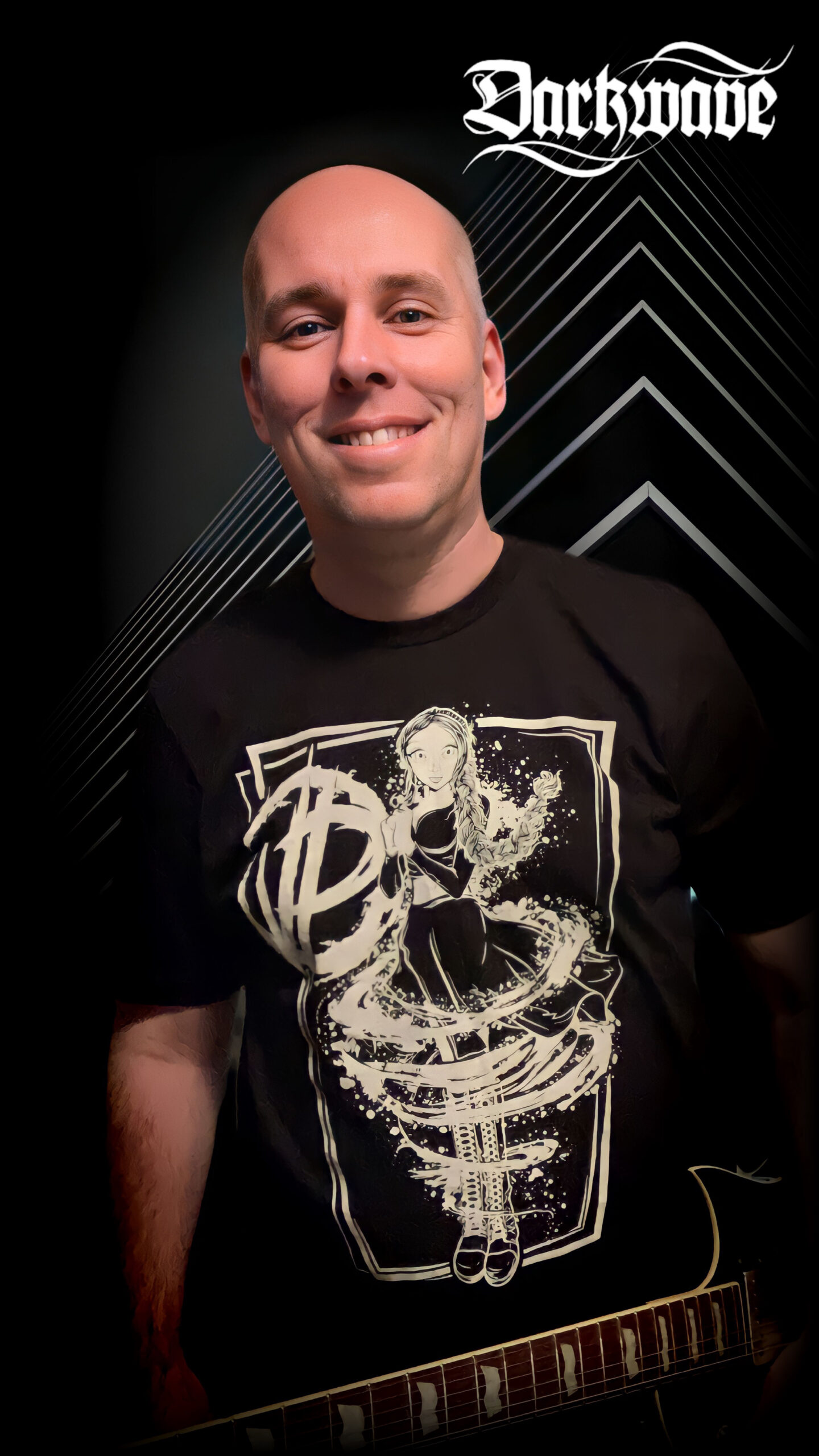I recently came across an interesting article on Thomann’s Facebook page about writing good songs. Thomann, one of the world’s largest musical instrument retailers, shared insights into creating music that resonates with listeners. While the piece was enlightening, it also reinforced a realization: if the goal of songwriting is commercial success, then everything I’ve done so far has been an endless series of mistakes.
There’s a common belief – especially among classically trained musicians – that self-taught artists like me lack the necessary foundation to form valid opinions on these topics. However, I firmly believe that one doesn’t need degrees or certifications to have a meaningful perspective on art and music. After all, music is ultimately about expression, not just technical mastery.
The article provided a fascinating breakdown of human psychology and how musicians can leverage it. According to the author, a catchy song should be no longer than 3–3.5 minutes, have a clear and predictable structure, and feature an engaging bridge after the second chorus. It should emphasize the opening, middle, and ending moments to captivate the listener. While these principles undoubtedly contribute to mass appeal, they also imply that music should be meticulously designed to fulfill expectations rather than existing as an organic, free-flowing form of expression. Under this framework, the artist is essentially a strategist, carefully crafting songs to meet predefined criteria.
With all due respect, I see things differently.
If we remove commercial success from the equation, what remains is pure artistic intent. As someone who balances music with a full-time career in neuroscience, I have the luxury of creating without financial pressure. This allows me to focus solely on artistic authenticity rather than catering to trends. That said, independent musicians – perhaps even more than their mainstream counterparts – long for connection and appreciation. The challenge is breaking through the overwhelming noise of today’s music industry. Yet, despite this difficulty, I see independence as both a privilege and a responsibility. I know my lengthy instrumental prog/thrash compositions are niche, but I also know there are listeners out there who seek exactly this kind of music. Your presence here is proof of that.
Music, and art in general, should not be reduced to a formula for popularity or profit. Of course, musicians deserve compensation for their work, but the primary focus should always be on originality and finding the right audience – not on adapting to whatever is trending. Art is not a competition to be won. It’s not about being faster, louder, or more technically impressive than those who came before. Nor should it be a mere reflection of current tastes, designed for mass consumption at the cost of individuality. Art should retain its intrinsic values, regardless of its reception.
For me, music is the purest and most powerful form of human communication. It does not need to be complex, technical, or fit within predefined structures to be meaningful. What matters most is authenticity. As Oscar Wilde famously wrote, “Be yourself; everyone else is already taken.” If that means my songs don’t conform to the three-minute radio-friendly format, so be it. If my music doesn’t follow the conventional verse-chorus structure, it’s not because I’m trying to revolutionize music theory – it’s simply because that’s not how my ideas naturally emerge. Writing music with the sole purpose of increasing listener numbers or maximizing algorithmic reach feels hollow to me. Instead, my goal is to connect with those who truly resonate with my music. And for that, I’m incredibly grateful to you for being here.
Someone once said, “If you can’t achieve great things, achieve small things in a great way.” I would rephrase this: Art is already great in itself. You don’t need to be widely recognized or commercially successful to partake in that greatness. The act of creating is enough. If you give your all, there will always be people who appreciate it. Trying to capture attention without authenticity results in sterile, soulless music. It may be lucrative, but it will never fulfill art’s primary purpose: to connect people on an emotional, intimate level.
If my music ever fails to achieve that, then I’d rather set my guitar aside.
But I truly hope that’s not the case.

